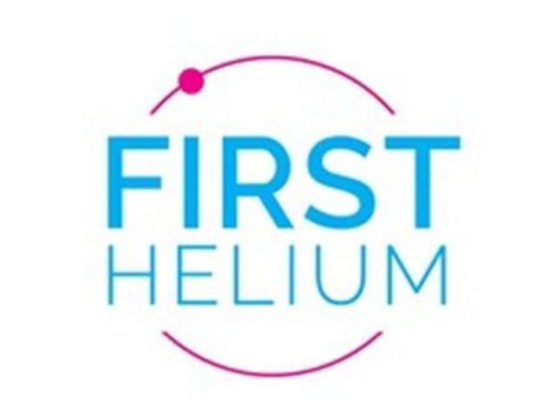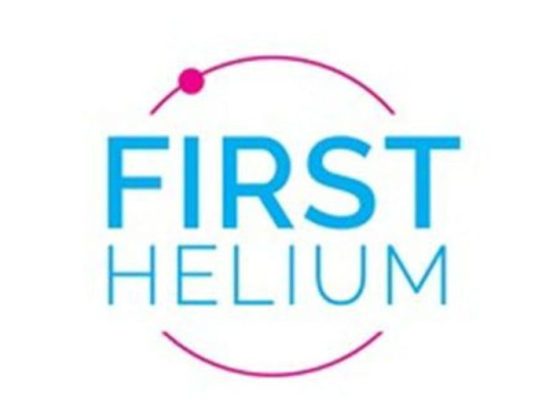Crescent Point Energy Corporation, one of Canada’s immense independent oil and gas producers, has recently announced an innovative deal that will significantly fuel and shape the activity in the Canadian oil market. This strategic development, combined with the recent completion of the Trans Mountain Expansion (TMX) project, presents a new phase of progress within the Canadian oil industry.
Crescent Point Energy Corporation, based in Calgary, Alberta, focuses on the acquisition, exploration, and development of oil and gas properties. Most recently, the company has agreed to a huge unroll, signifying a transformative deal with Shell Canada Energy. Shell, a subsidiary of Royal Dutch Shell Plc, declared that it would sell its Kaybob Duvernay assets in Alberta to Crescent Point. This deal, envisioning a transaction of approximately C$900 million, is projected to augment domestic oil production by a huge margin.
The Kaybob Duvernay assets deal has positioned Crescent Point at the forefront of the dynamic Canadian oil and gas industry by enhancing its production capacity significantly. Notably, the deal sees Crescent Point acquire approximately 450 million barrels of oil equivalent (BOE) of very low decline and light oil-focused resources, with an average of approximately 30,000 BOE per day of production. This represents an unprecedented increase in both the output potential and market share for Crescent Point.
Simultaneously, strong strides within the industry are also being seen with the recent completion of the Trans Mountain Expansion Project (TMX). Undoubtedly, the completion of the TMX project has made a substantial impact on activity in the Canadian oil market. It is a project that underscores the wave of improvement and transformation that the Canadian oil sector is currently experiencing.
The TMX project has essentially tripled the capacity of the existing Trans Mountain Pipeline, which works as a primary channel for shipping oil from Alberta’s oil sands to British Columbia’s coast, benefitting both Canadian crude producers and international buyers. The completion of the TMX expands that capacity from 300,000 to 890,000 barrels per day, providing a substantial and much-needed boost to the distribution mechanism of Canadian oil.
The TMX project has further created the capability to access new international markets, pushing beyond the United States, Canada’s typical and often sole oil export location. By diversifying its market reach, Canada’s petroleum industry stands to achieve enhanced pricing power and competitive positioning on the global stage.
Moreover, the unlocked value of the TMX project goes beyond simply bolstered output. Its completion has ushered in the promise of job creation, with the potential for thousands of new employment opportunities along the pipeline.
Meanwhile, the sustainable practices embedded within the TMX project have established a new standard in environmentally responsible oil production, aiming to reduce carbon emissions and uphold the strictest of safety standards.
Thus, the Crescent Point deal and the TMX project completion together indicate a heightened level of activity within the Canadian oil market, representing new possibilities for domestic oil producers. Thanks to these advancements, the Canadian oil market is poised to enjoy increased production, diversified international market reach, increased job opportunities, and environmentally conscious practices. These moves signal a bold, dynamic, and sustainable future for the industry.











